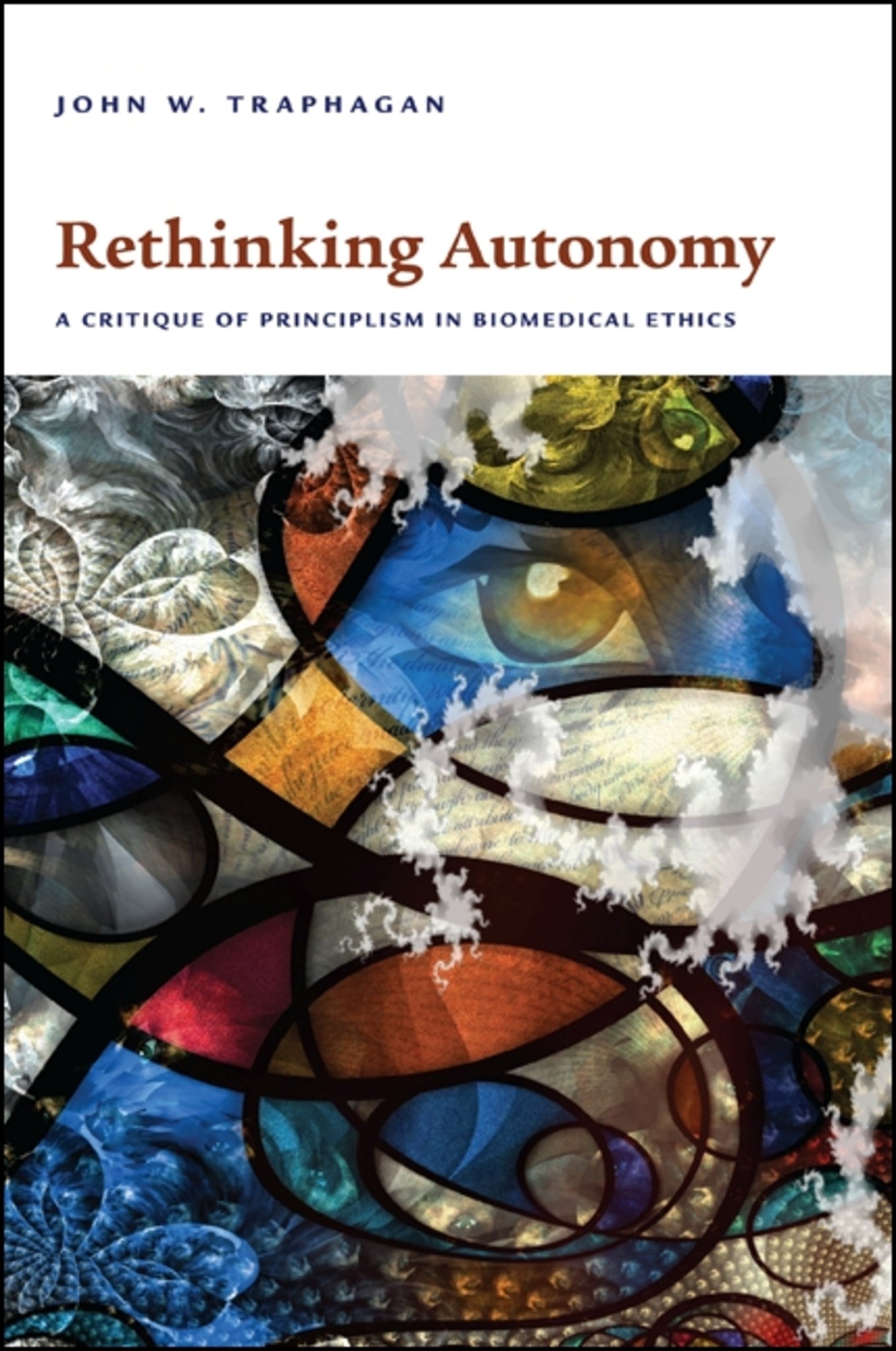We're sorry. An error has occurred
Please cancel or retry.
Rethinking Autonomy

Some error occured while loading the Quick View. Please close the Quick View and try reloading the page.
Couldn't load pickup availability
- Format:
-
01 January 2013

Provides a critique of and alternative to the dominant paradigm used in biomedical ethics by exploring the Japanese concept of autonomy.
This groundbreaking book offers a critical examination of the concept of autonomy, one with major implications for biomedical ethics. Working from the perspectives of ethnography and medical anthropology, John W. Traphagan argues that the notion of autonomy as a foundational principle of a common morality, the view dominant in North America, is inadequate as a universal moral category because culture deeply influences how people think about autonomy and the fundamental nature of being human. Drawing from fieldwork in Japan, Traphagan reveals a notably different sensibility, demonstrating how Japanese moral concepts and actions are based upon a deep awareness of the social embeddedness of people and an aesthetic sensitivity that emphasizes context and situation over universality in making moral evaluations of behavior. Traphagan develops data from Japan into a critical examination of how scholarly research in biomedical ethics, and ethics more generally, is conducted in North America. Arguing in a vein related to the emerging area of naturalized biomedical ethics, Traphagan proposes the creation of an empirically grounded study of moral behavior.


"...[a] fascinating book … an illuminating tale of the cultural origins of American bioethical principles and the conclusion that the American bioethical project is incomplete." — Care Management Journals
"Rethinking Autonomy is the first comprehensive comparison of a non-Western moral system in the context of Western philosophy, religious studies, and ethics. This is a seminal work—a masterpiece—that will be of great importance for biomedical ethicists." — Barbara Oakley, coeditor of Pathological Altruism
"In our increasingly multicultural societies, a volume such as this is essential. With life, death, and legal issues at stake, it is an important contribution that those in the health, legal, and social services professions will find valuable as they navigate the complex terrain of making decisions and counseling other people in making decisions, often in emotionally charged, if not traumatic, contexts." — Paula Arai, author of Bringing Zen Home: The Healing Heart of Japanese Women's Rituals
Acknowledgments
1. Inventing Ethics
1.1 The Problem of Common Morality
1.2 Embodied Culture
1.3 Thinking About Culture
1.4 What Is Culture?
1.5 Memory, Culture, Ethics
2. Self, Autonomy, and Body
2.1 Principles and Ethics
2.2 Autonomy
2.3 What Is a Human?
2.4 Culture, Mind, and Body
2.5 Categories of a Person and Self
2.6 The Nature of Humans
2.7 Mind and Body, Inside and Outside
3. Autonomy and Japanese Self-Concepts
3.1 Self and Other
3.2 The Individual Self
3.3 Self and Childhood Development
3.4 The Processive Self
3.5 Moral Selves and Autonomy
4. Autonomies, Virtue, and Social Change
4.1 Self, Virtue, and Character
4.2 Family, Self, Society
4.3 Autonomy, Family, and Social Change
5. Mental Health, Suicide, and Self-Centered Behavior
5.1 Self and Other
5.2 Suicide as Medical and Analytical Category
5.3 Suicide and Self-Killing in Japan
5.4 Death
6. Emotion, Aesthetics, and Moral Action
6.1 Situational Ethics in Japan
6.2 The Obasuteyama Legend
6.3 Harmony and Sincerity
6.4 Japanese Ethics
7. Rethinking Autonomy
References
Index



